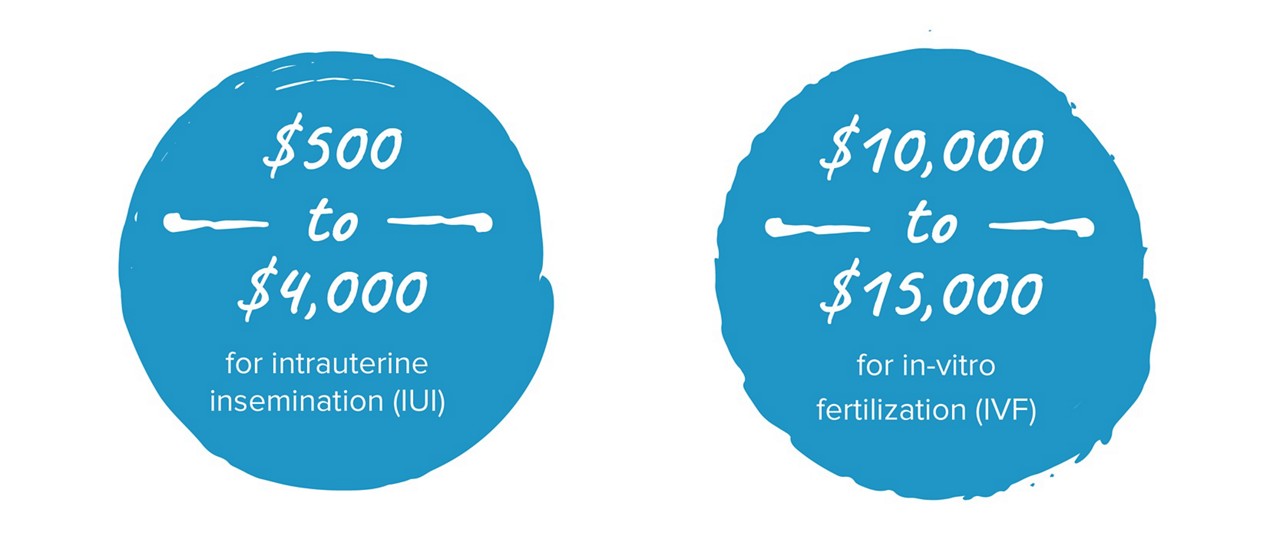You may have heard that insurance doesn’t usually cover infertility treatments, but that’s beginning to change. Many companies are starting to recognize the importance of fertility assistance and choosing plans that include treatment benefits. Where you live can also impact coverage—19 US states currently have certain insurance requirements in place for some infertility treatments*:
- Arkansas
- California
- Colorado
- Connecticut
- Delaware
- Hawaii
- Illinois
- Louisiana
- Maryland
- Massachusetts
- Montana
- New Hampshire
- New Jersey
- New York
- Ohio
- Rhode Island
- Texas
- Utah
- West Virginia
*Coverage may vary by state. Please check with your insurance provider for details.
If your employer’s health plan doesn’t cover fertility treatments, you can talk to them about making a change. Read more about the Coverage at Work Initiative at resolve.org.
KNOW YOUR PLAN
If you live in a state with infertility coverage laws, it’s still important to verify the type of plan your employer has. In some cases, your plan may not provide coverage. For example, some factors that may impact coverage include:
- The policy was written and/or resides in your state
Some out-of-state plans may not provide infertility treatment benefits
- You have a fully insured or self-insured plan
Some self-insured plans may be exempt from state laws
- Your company has enough employees to be required to provide coverage
Some states may allow exemptions for smaller companies
More information on fertility treatment coverage by state can be found at resolve.org.
ASSESS YOUR COVERAGE
Once you’ve verified that coverage exists, your insurance provider can help you understand your plan’s benefits and limitations, referral requirements, and whether preauthorization is necessary. It’s also important to confirm drug coverage for infertility medications.
Submitting a predetermination of benefit letter to your insurance company before treatment can give you a better idea of the costs you’ll be responsible for.
If you have questions about insurance coverage for fertility treatment, assistance is available. Call 1-866-LETS-TRY for support.






